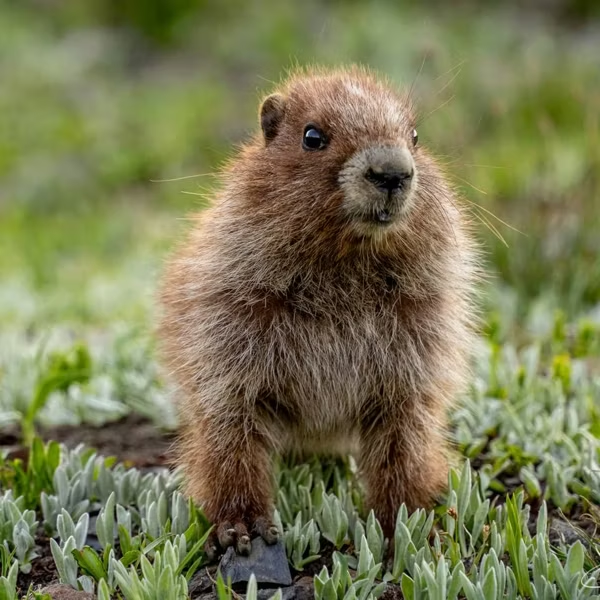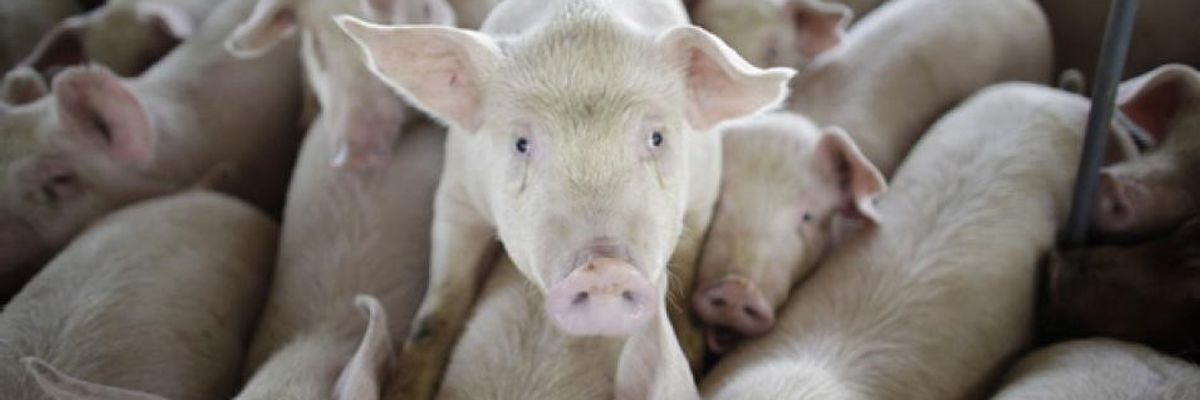Food safety advocates warned Monday that the U.S. Department of Agriculture's newly implemented rules for pig slaughter are setting the stage for a potential public health disaster--including the possibility of another infectious disease that could come from animals.
At issue is the New Swine Inspection System (NSIS), which the USDA finalized in October. Touted by the federal agency as a "modernization" effort, the regulation sparked immediate fears and lawsuits by watchdog groups over its elimination of kill speed limits and weakening of the inspection system.
As NBC News previously reported:
The new rule will let factory workers, rather than USDA inspectors, remove unsuitable carcasses and trim defects in plants that opt into the new inspection system. USDA inspectors will still examine the carcasses, but they will be stationed farther down the line.
The USDA claims the new system will still "ensure food safety," but its critics have new evidence to say otherwise.
A new analysis from Food & Water Watch released Monday and included in a lawsuit against the USDA says that in plants where the new system has been implemented, "federal government veterinarians were precluded and prevented from adequately inspecting animals and carcasses that had signs of diseases, recent treatment, and other abnormal food-safety and public health-related conditions that would render an animal or its meat not fit for human consumption."
"Self-regulation when it comes to animal movement, slaughter, and meat inspection is bad news. This data shows just how bad it really is," said Zach Corrigan, senior staff attorney with Food & Water Watch.
The U.S, being the epicenter of the global coronavirus outbreak that has claimed tens of thousands of lives worldwide only serves to underscore the need to move away from the new regulation, Corrigan said.
"While people across the country are fighting against a dangerous pandemic believed to have come first from animals, USDA is eliminating necessary safeguards against the spread of infectious diseases from swine," added Corrigan. "USDA is endangering public health. They should shut down NSIS immediately."
Food & Water Watch is joined in its newly amended lawsuit calling for the new regulation to be blocked by the Center for Food Safety, which sounded alarm Monday about the new rule.
"If this moment teaches us anything, it is that deregulating public health standards can have disastrous consequences. The reason we have federal regulation of meat is because the industry failed to protect public health a century ago," said Ryan Talbott, staff attorney at the Center for Food Safety.
"USDA's decision to walk away from its obligation to protect the public is shameful," added Talbott, "and will almost certainly result in more people getting sick and dying."




